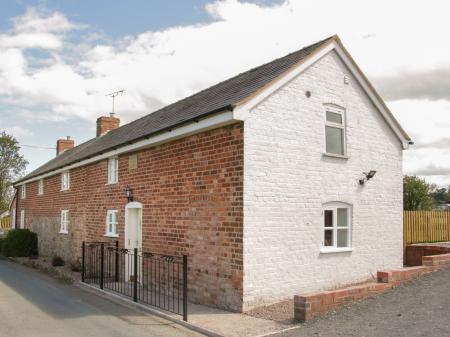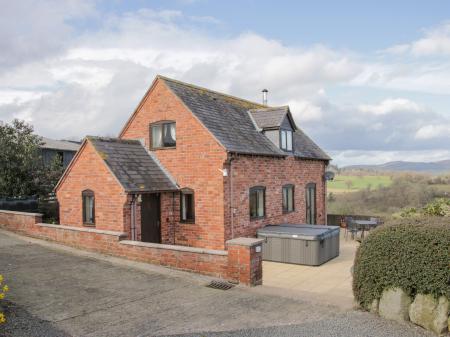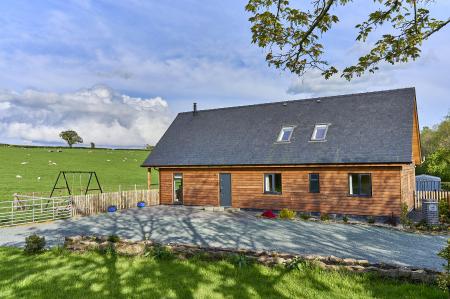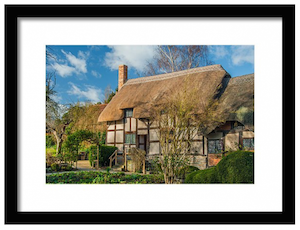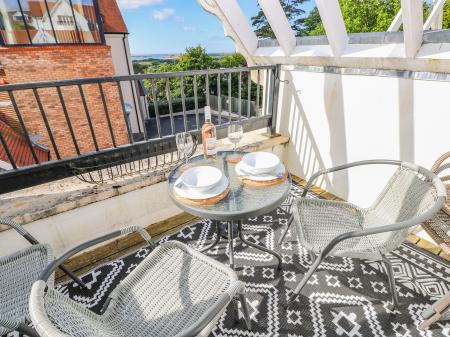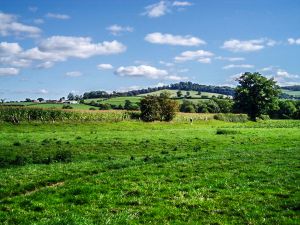
History
The Roman road between Wroxeter and Caersws crosses the River Severn just north of Montgomery, at a place called Rhydywhyman, later known as 'The Ford of Montgomery'. The Romans built a fort to guard the crossing, mentioned as Lavrobrinta in the Ravenna Cosmography, a list of world place names compiled by a 7th century monk. The fort was probably established around AD 75, though it is possible that this fort was merely a rebuilding of a very early Roman site.The original defences were of earthen banks, and later a revetment of clay strengthened with timber was added. The fort was about 500 feet by 460 feet, enclosing an area of just over 5 acres. There are three defensive ditches on all sides, with gateways on the NNE and SSW walls. Along the road leading from the north eat gate there is evidence of a civilian settlement, or vicus. Foundations of a large enclosed area beside the road may indicate a temple precinct. East of the fort is what may be an amphitheatre, though remains are scanty.
The site was either abandoned or destroyed by an attacker around AD 296. It was reoccupied from AD 343. Excavations show a burnt layer a decade later (AD 35-360) and another reoccupation in 383.
The layout of the fort can quite easily be made out on the ground; earthen banks still stand as high as 6 feet in places. Finds from excavations at Forden Gaer are on display at the Powysland Museum in Welshpool.
Getting There
The fort is immediately beside the minor road leading from Caerhowel Hall to The Gaer. From Montgomery take the B4388 north towards Forden and turn left at the minor road to Hendomen. Turn left in Hendomen then immediately right and carry on over the railway track. Turn right at the T-junction, and the fort is 100 yards ahead on your left (the west side of the road).Images are copyright as noted, republished with gratitude under a Creative Commons license

from this angle (c) Penny Mayes
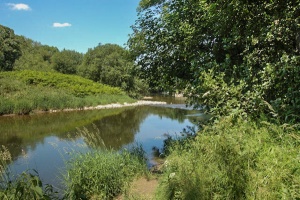
seen here (c) John Firth
 We've 'tagged' this attraction information to help you find related historic attractions and learn more about major time periods mentioned.
We've 'tagged' this attraction information to help you find related historic attractions and learn more about major time periods mentioned.